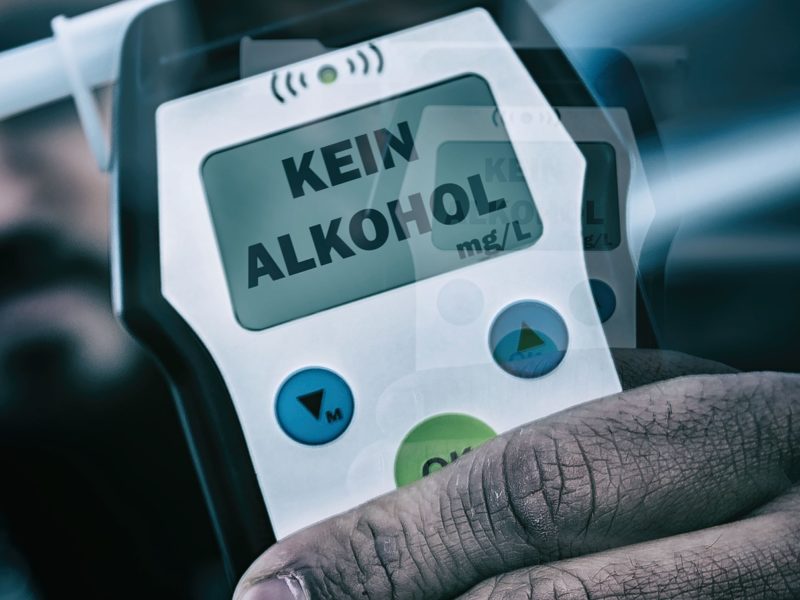Everyone deserves insurance. Having insurance protects you and oftentimes your loved ones too from situations that may be unavoidable or unexpected. If you have had a criminal conviction before, it could be a tad bit difficult to obtain an insurance policy but it is not impossible. It is however expected that extra requirements may be demanded of you as you search for the right insurance policy to suit your needs. With careful planning, research, transparency, and a focus on rehabilitation, individuals with convictions can secure the insurance coverage they need. Remember that each case is unique, and success may require patience and perseverance.
The Impact of having a Criminal Conviction on your insurance process
One of the major factors that insurance providers consider when determining coverage and premium rates for a policyholder, is the risk associated with the individual. For instance, a new driver will most likely have a higher premium than a well experienced driver. A criminal conviction could be seen as an indicator of increased risk, depending on the type of conviction and the insurance policy you’re seeking. However, not all convictions are treated equally, and insurance providers vary in their underwriting policies.
Tips to Follow when Researching Insurance Providers
- Identify Specialized Providers: Some insurance companies specialize in offering coverage to individuals with criminal convictions. These providers may be more understanding of your situation and consider factors beyond your criminal history when deciding on the insurance they will provide.
- Compare Policies: your criminal conviction does not automatically take away your choice; you are allowed to still make comparisons as you search. You should research various insurance providers to understand their underwriting policies and pricing. Compare the coverage options, exclusions, and premiums to find the best fit for your needs.
- Seek Recommendations: Reach out to support groups, legal professionals, or social workers who might have experience or recommendations for insurance providers that are open to working with individuals with criminal records.
Types of Insurance and the Application Process
Auto Insurance
- Provide Accurate Information: Be truthful and accurate when providing information about your criminal conviction on the application. Failing to disclose this information could lead to denial of coverage or even policy cancellation.
- Explain Your Situation: Include a letter of explanation along with your application. Explain the circumstances of your conviction, what you’ve learned from the experience, and any rehabilitative efforts you’ve made since then.
- Defensive Driving Courses: Completing defensive driving courses can demonstrate your commitment to safe driving, potentially lowering your premium.
Home/Renters Insurance
- Full Disclosure: Just as with auto insurance, disclose your criminal conviction on the application. Hiding information can result in denial of coverage.
- Mitigate Risk: Implement security measures in your home, such as alarms and smoke detectors. This can show the insurance company that you’re actively working to reduce potential risks.
Life Insurance
- Term vs. Permanent: Term life insurance may be easier to secure than permanent policies if you have a criminal conviction. Temporary policies are usually less stringent in underwriting.
- Type of Conviction Matters: Some convictions might have a greater impact on your eligibility than others. Non-violent offenses could be viewed more leniently by some insurers.
Health Insurance
- Group Coverage: If your employer offers health insurance, this can be a simpler route as group policies often have less stringent underwriting criteria.
- Government Programs: Look into government-sponsored health insurance programs that might have more lenient eligibility requirements.
Tips to follow during your application process
- Rehabilitation Efforts: Emphasize any steps you’ve taken to rehabilitate yourself since the conviction. This could include counseling, community service, or educational pursuits.
- Get Legal Advice: Consult with legal professionals who specialize in insurance or criminal law. They can provide guidance on your specific situation and how to present it to insurers.
- Time Since Conviction: Some insurance providers may be more willing to offer coverage if a certain amount of time has passed since the conviction.
- Appeal Denials: If you’re denied coverage, inquire about the possibility of an appeal. You might have the opportunity to provide additional documentation or information that could change the insurer’s decision.
In conclusion; it is important to remember that each insurance provider has its own policies and criteria, if one provider does not work, move on to the next. Being open, honest, and proactive about your situation can increase your chances of finding coverage that meets your needs, do not attempt to hide your history as this can greatly affect your chances in the future if discovered. Additionally, as societal attitudes towards criminal records continue to evolve, some insurers may become more understanding of past mistakes and offer coverage options that reflect your current circumstances.






